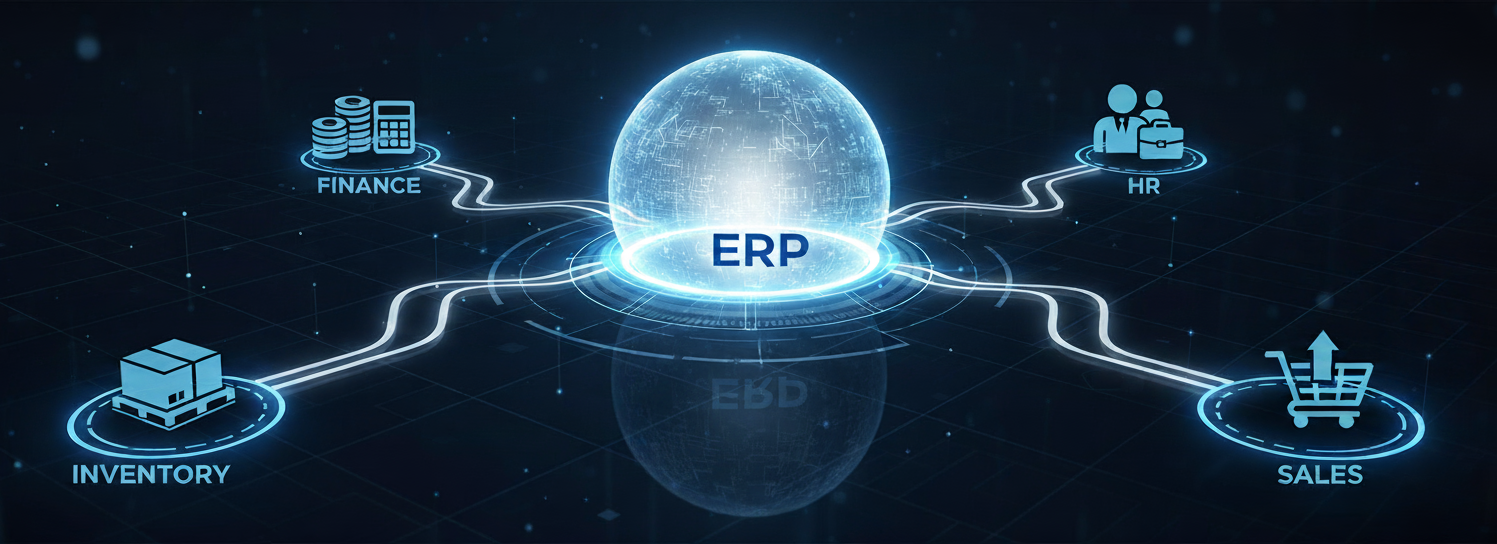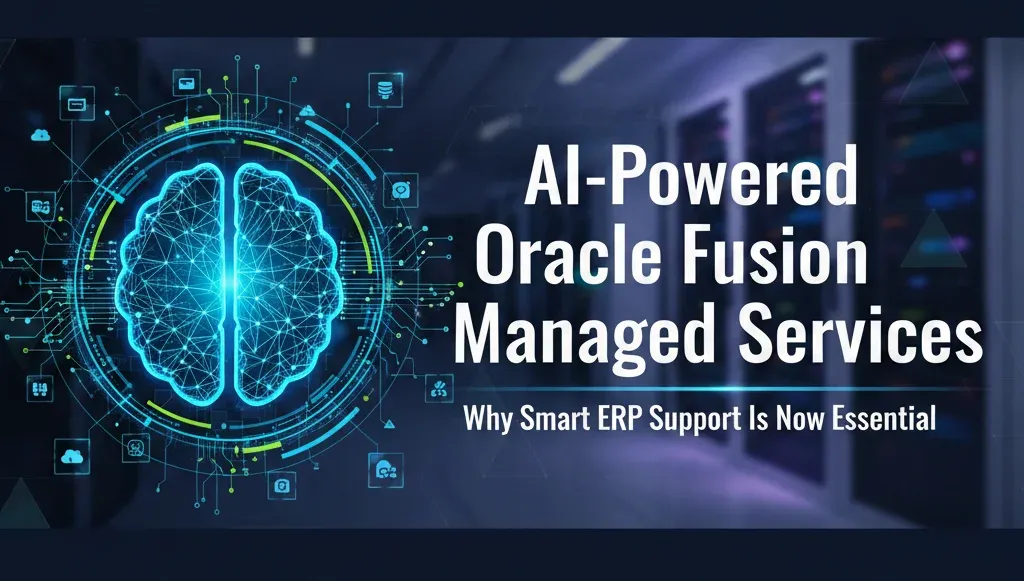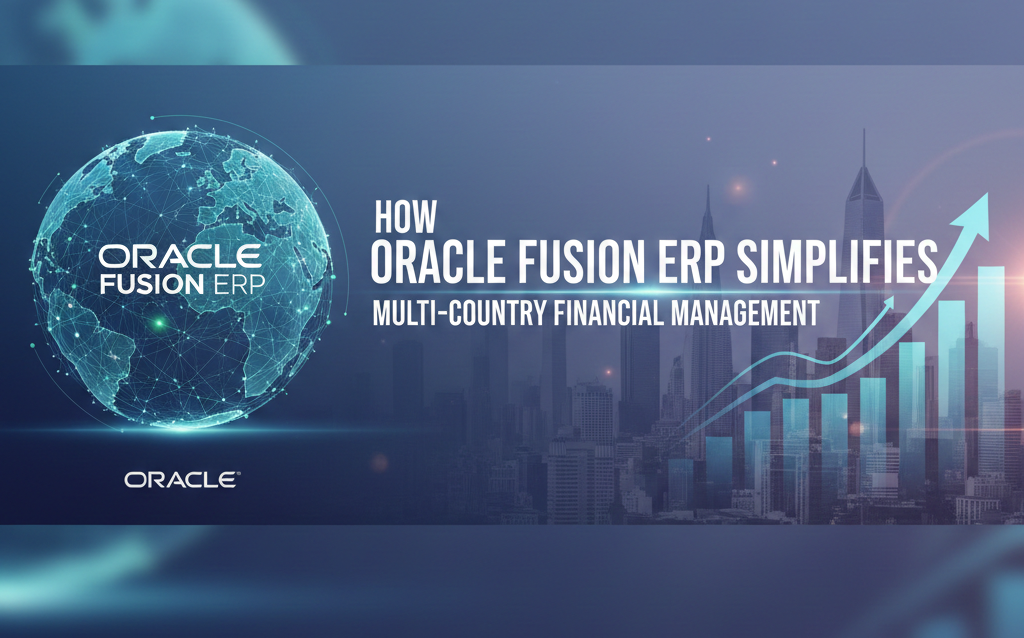Choosing an ERP can be confusing — not because ERPs are complicated, but because every business grows differently. Some need strong financial visibility first; others need better inventory control or a smoother sales process.
That’s why understanding which ERP modules to implement now vs later can save time, money, and unnecessary complexity.
An ERP (Enterprise Resource Planning) system is like your organization’s central nervous system — connecting finance, HR, inventory, supply chain, sales, and more into one unified platform. But the biggest advantage of modern cloud ERP systems (especially NetSuite) is that you can start small and scale.
You only add modules when the business actually needs them.
What Are ERP Modules?
ERP modules are functional building blocks — each one manages a core business function. Instead of scattered tools and disconnected spreadsheets, all data flows into one real-time system.
| Module Category | What It Manages |
|---|---|
| Finance & Accounting | Cash flow, invoicing, and financial reporting |
| Human Resources (HCM / HR) | Payroll, employee data, performance |
| Customer Relationship (CRM) | Leads, customer history, sales pipeline |
| Inventory & Supply Chain | Stock levels, warehouses, fulfillment |
| Procurement | Purchase orders, vendor contracts, and approvals |
| Manufacturing | BOMs, production planning, quality control |
| Professional Services (PSA) | Projects, time tracking, and billing |
The real power comes when these modules work together — reducing errors, improving visibility, and boosting productivity.
Start With the Core ERP Modules First
1. Finance & Accounting Module
This is the backbone of every ERP implementation.
You need it when:
- Month-end closing takes too long
- Cash flow insights are unclear
- Spreadsheets dominate reporting
It enables:
- Real-time financial statements
- Automated billing and compliance
- Faster, more accurate decision-making
2. Professional Services Automation (PSA)
Perfect for agencies, IT companies, and consultants.
It allows:
- Centralized project tracking
- Resource planning (who works on what)
- Automated client billing based on time/cost
3. CRM (Customer Relationship Management) Module
Customer data should never be scattered across emails, notebooks, or personal tracking sheets.
CRM helps you:
- Track leads and deal stages
- Forecast revenue accurately
- Personalize sales & service communication
- Increase customer retention
4. Human Resources / HCM Module
Once your workforce grows, manual HR processes become inefficient.
It improves:
- Payroll accuracy
- Leave and attendance management
- Onboarding and employee engagement
- Regulatory compliance
Add Operational Modules as You Scale
1. Inventory Management
Essential for product-based businesses.
It gives:
- Real-time stock visibility
- Automatic reorder alerts
- Better demand forecasting
2. Procurement
Centralizes and streamlines purchasing.
It helps:
- Compare vendors
- Reduce purchase costs
- Enforce approval workflows
3. Order & Warehouse Management
Ideal for e-commerce, retail, and distribution.
Benefits:
- Faster, accurate picking and packing
- Prioritized order fulfillment
- Lower shipping and storage costs
4. Manufacturing Module
For businesses producing goods or assembling parts.
It manages:
- Bills of Materials (BOMs)
- Work orders & production runs
- Material planning and quality checks
How to Know Which ERP Modules You Need
Match your pain points to your module needs:
| Business Challenge | Recommended Module |
|---|---|
| Slow closing cycles, unclear financial health | Finance Close Automation Module |
| Payroll errors or HR inefficiencies | HCM / HR Module |
| Unmanaged leads or inconsistent sales | CRM Module |
| Stock-outs or excess inventory | Inventory Module |
| High procurement costs or delays | Procurement Module |
| Shipping errors or late deliveries | Warehouse / Order Management |
| Production bottlenecks or quality issues | Manufacturing Module |
| Project billing & resource allocation issues | PSA Module |
Why NetSuite Is the Best ERP for Modular Growth
Unlike traditional ERP systems that require heavy customization and redeployments, NetSuite is unified and scalable from day one.
With NetSuite, you get:
- One database across all departments
- Real-time dashboards & automation
- Easy to add modules anytime
- Industry-specific preconfigured Systems (SuiteSuccess)
Whether you’re a startup growing fast or an enterprise expanding across regions, NetSuite supports every stage without re-implementation.
Conclusion
Choosing ERP modules isn’t about getting everything at once — it’s about getting the right capabilities at the right time.
Start with the essentials, add operational modules as you grow, and choose a platform that supports scalable, long-term growth — like NetSuite.
Frequently Asked Questions
What are ERP modules?
ERP modules are functional components that handle specific business processes, such as finance, HR, CRM, inventory, and procurement. Together, they connect different departments and create a unified view of business operations.
Which ERP modules should a business start with?
Most companies begin with core modules such as Finance & Accounting, CRM, and Human Resources (HCM). These help establish financial control, streamline HR processes, and manage customer relationships effectively.
When should a business add more ERP modules?
You can add modules as your business grows or when pain points appear—like stock issues, delayed procurement, or project billing challenges. A modular ERP like NetSuite lets you expand anytime without disruption.
Why is the Finance & Accounting module considered the foundation of ERP?
Because it provides real-time financial visibility, automates reporting, and ensures accurate compliance, it gives leadership the data they need for better decisions.
What is the benefit of integrating CRM with ERP?
Integrating CRM helps you track leads, manage customer data, and forecast revenue in one place, reducing manual work and improving sales performance.
How does an ERP system help with inventory management?
Inventory modules give real-time stock visibility, automate reordering, and improve demand forecasting—preventing both stockouts and overstocking.
What makes NetSuite ideal for modular ERP growth?
NetSuite is cloud-based and built for scalability. You can start with essential modules and add more as you expand—without reimplementation or complex integration.
How do I know which ERP module fits my business challenge?
Match your current problems to the right module. For example:
Slow month-end close → Finance module
Payroll errors → HR module
Lost leads → CRM module
Stock issues → Inventory module
Can NetSuite support both startups and large enterprises?
Yes. NetSuite’s unified architecture and SuiteSuccess models make it flexible enough for startups and robust enough for global enterprises.
Why is modular ERP better than traditional ERP?
Modular ERP gives flexibility—you only pay for what you need and expand as your operations grow. It’s cost-effective, faster to deploy, and easier to maintain.







